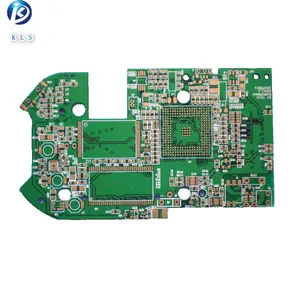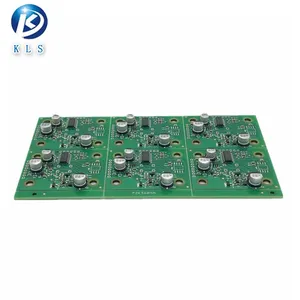Exploring Arduino Boards
Arduino boards are integral to the world of electronics, serving as the foundation for countless projects and innovations. These versatile circuit boards are designed to be user-friendly, adaptable, and open-source, making them suitable for hobbyists and professionals alike. The Arduino platform encompasses a variety of models, each tailored to different applications, ensuring that there is an Arduino board for nearly any project.
Variety and Applications
The range of Arduino boards includes models like the Arduino Uno, known for its ease of use, and the Arduino Nano, favored for its compact size. For more complex projects, the Arduino Mega 2560 provides additional pins and memory. Each board is designed with specific use cases in mind, from simple Arduino Uno projects to advanced systems utilizing the Arduino Due. These boards are commonly used in prototyping, educational purposes, and even in developing commercial products.
Technical Specifications
The technical specifications of Arduino boards vary across models. The Arduino Uno R3, for instance, is equipped with an ATmega328P microcontroller, offering a balance of power and simplicity. On the other hand, the Arduino Mega 2560 is powered by an ATmega2560 microcontroller, providing more I/O pins and memory. For wireless projects, the NodeMCU ESP8266 integrates Wi-Fi capability, while the ESP32 Arduino variant includes both Wi-Fi and Bluetooth. This diversity allows developers to select the most appropriate board for their specific needs.
Features and Materials
Arduino boards are constructed with robust materials that cater to the demands of various environments. The microcontrollers, such as the ATmega328P or the Arduino Micro, are the brains of the boards, while additional components like the Arduino Pro Micro or the Arduino Leonardo offer specialized features. Materials used in the boards are chosen for their durability and performance, ensuring that each Arduino can withstand the rigors of use in different applications.
Advantages of Using Arduino
The advantages of using Arduino boards are numerous. They provide an accessible entry point for those new to electronics, while also offering the depth needed for complex projects. The open-source nature of the Arduino ecosystem encourages a collaborative environment where users can share designs and improve upon existing technologies. Furthermore, the compatibility of Arduino boards with a range of sensors and shields allows for extensive customization and scalability.
Choosing the Right Arduino Board
Selecting the right Arduino board, such as the Arduino Pro Mini or the Arduino BT, depends on the project's requirements. Factors to consider include processing power, size constraints, connectivity options, and the intended application. Whether it's for a simple LED display or a sophisticated robotic system, there is an Arduino board that fits the bill. By understanding the capabilities of each board, users can make informed decisions to ensure the success of their projects.










































 浙公网安备 33010002000092号
浙公网安备 33010002000092号 浙B2-20120091-4
浙B2-20120091-4